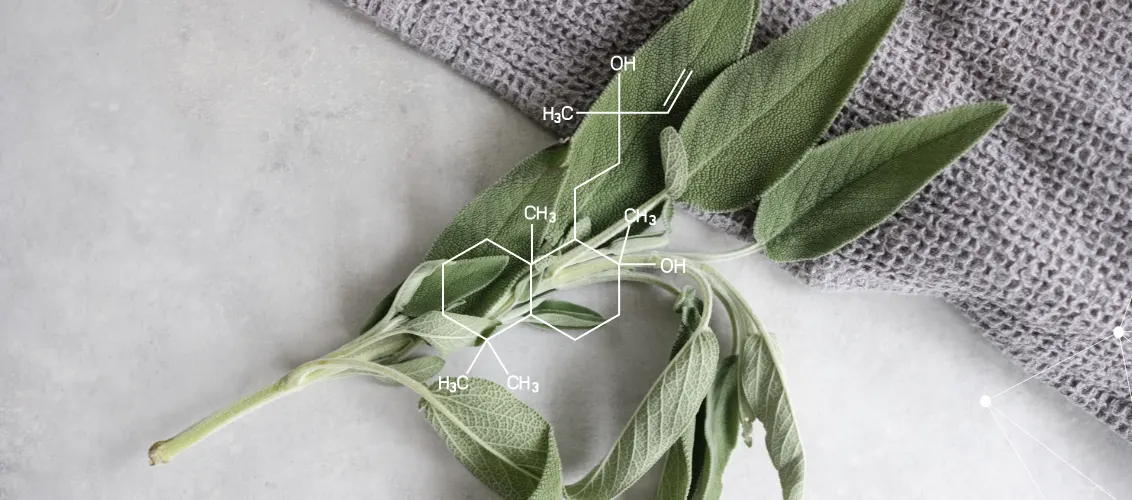
Research: Effects of Cholinesterase Inhibiting Sage on Mood, Anxiety, and Performance on a Psychological Stressor Battery
Salvia officinalis (sage) has been shown to have in vitro cholinesterase inhibiting properties and enhance mnemonic efficiency and mood in healthy young participants.
In this double-blind, placebo-controlled crossover study, 30 healthy participants attended the laboratory on three separate days, seven days apart, receiving specific counterbalanced treatment each time (placebo, 300, 600 mg dried sage leaf).
— mood assessment included completion of the Bond – Lader mood scales and the State
Trait Anxiety Inventory (STAI) before and after the Defined Intensity Stress Simulator (DISS) computerized multitasking battery.
A sage leaf extract exhibited dose-dependent, acetylcholinesterase in vitro inhibition and, to a greater degree, butyrylcholinesterase in a concomitant study.
Both doses of sage resulted in better mood ratings in the absence of postdose stressor (i.e., pre-DISS mood scores), with a lower amount decreasing anxiety and higher amount raising ‘alertness,’ ‘calmness’ and ‘quality’ on Bond–Lader mood scales.
Nevertheless, the decreased anxiety effect following the lower dose was eliminated by conducting the DISS, with the same amount, also correlated with reduced alertness during training.
The DISS battery task efficiency was increased for the higher dose at both postdose tests, but decreased for the lower amount at the later test session.
The findings support previous S-inhibiting cholinesterase observations.
The Research
The tradition of using sage (many Salvia genus plants) as a medicinal remedy covers many centuries, both ancient and modern cultures. Indications from the earliest texts onwards include its use as a therapy to improve memory loss due to age (Perry et al., 1999). Several
